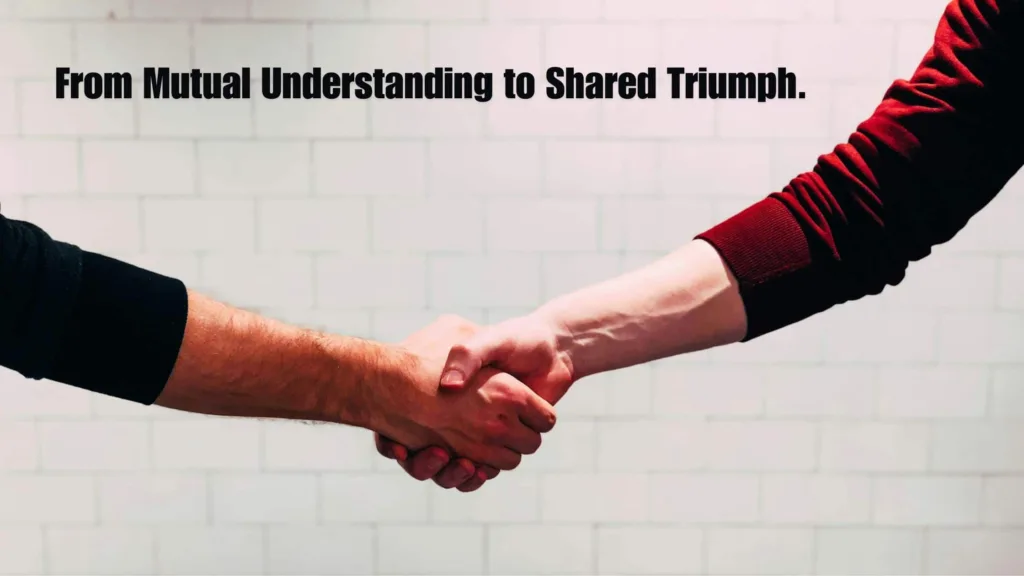In the world of making deals, mutual assent is a big deal. It’s like when you and someone else agree on what you’re both agreeing to. Think of it as the moment you and a friend are on the same page about something you’re planning together. This article will explain what mutual assent means, why it’s important when making contracts, and what happens if there’s a disagreement about it.
Understanding Mutual Assent
Mutual assent basically means when two or more people agree to make a deal. It happens when one person offers something, like selling a bike, and the other person agrees to buy it at the price offered. Both people have to really understand what they’re agreeing to, and there shouldn’t be any confusion about it. For example, if you’re selling your old bike to a friend for $50, and they say, “I agree to buy your bike for $50,” then you both have mutual assent because you’re both clear about the terms of the deal.
Why Mutual Assent is Important
Mutual assent is really crucial because it forms the basis of creating fair and legally binding agreements. Here’s why it’s so important:
- Agreement: It’s like a high-five that seals the deal. Without mutual assent, people might not agree on what they’re agreeing to.
- Clarity: Mutual assent makes sure everyone knows exactly what’s going on. No confusion allowed!
- Legality: To make a contract legally okay, both sides need to agree and understand it. Mutual assent shows everyone’s okay with it.
- Protection: It stops people from being tricked or pushed into deals they don’t like. If someone tries to change their mind later, mutual assent proves they agreed in the first place.
- Enforceability: If there’s a fight about the contract later, mutual assent helps courts decide if it should stick or not. So, Assent isn’t just a fancy term—it’s what keeps deals fair and makes sure everyone’s cool with what’s happening.

Case Law Examples
Numerous legal cases highlight the significance of mutual assent in contract law.
- Lucy v. Zehmer (1954):
- Think of two pals, Mr. Zehmer and Mr. Lucy, chatting over drinks. Mr. Zehmer jokes about selling his farm to Mr. Lucy and writes it down. But when Mr. Lucy takes it seriously and sues, the court says it’s real because Mr. Zehmer’s actions showed he meant it. This teaches us that even kidding around can turn serious if it seems real.
- Restatement (Second) of Contracts:
- This isn’t a case, more like a guide. It says if someone offers something and someone else says “yes,” it’s a deal. It just confirms that saying “yes” is really important in making deals work.
Related Topic: Illusory Promise: Empty words, Hollow vows
Elements of Mutual Assent
Here are the key things you need for Mutual Assent:
- Offer: It’s like saying, “Hey, do you want to buy my bike for $50?”
- Acceptance: The other person says, “Yes, I’ll buy it for $50” without changing anything.
- Understanding: Both people really get what they’re agreeing to. No confusion allowed!
- Clearness: The terms of the deal are super clear, so nobody’s left scratching their head.
- Willingness: Both people really want to make the deal. Nobody’s being pushed or fooled into it.
Mutual Assent is like the foundation of contract law—it’s what makes agreements stick. It’s about making sure everyone in a deal really gets it and agrees. To have mutual assent, there’s gotta be clear talk between folks, one person offering something, the other saying “yes” to it, something valuable being swapped (like money or stuff), and both sides really wanting to make the deal. Knowing about mutual assent is key for making contracts that work and can be sorted out if there are any issues later.
